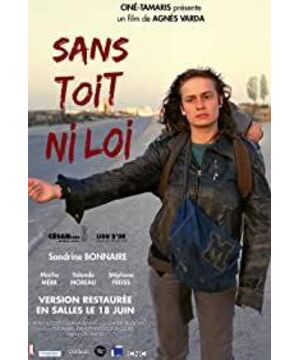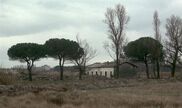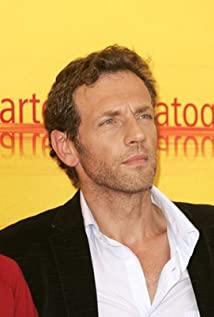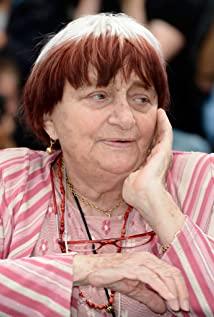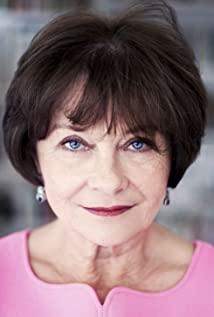I feel that the Chinese translation of the title is very problematic and misleading, making people think that this is a melodrama-style melodrama of the underprivileged. In fact, as the mother of the French New Wave, Agnès Varda’s reflections are twofold: On the one hand, the various characters encountered during the wandering journey of mona make her unconventional way of life impact all kinds of daily life patterns and concepts full of prejudice and hypocrisy. Like a nephew of a technician, hoping that his aunt would die early to inherit her inheritance, the appearance of mona tore through the false veil of the warmth of the middle class. On the other hand, Varda also introduces a multi-voice approach to allow different encounters to evaluate mona. Some such as technicians’ wives are just contempt and disdain, and some intuitions that mona represent their dreams of freedom that they can’t explain or have the courage to pursue. When Mona passed a farm, the owner of the farm was a wandering generation in the past, and like Mona, he gave up everything in search of freedom, so he may best understand Mona's mental state. But he pointedly pointed out: Mona refuses to settle down means self-destruction, she refuses to work, and regards herself as useless, and has become part of the system she resists.
Is this also Varda's reflection on the new wave and the youth rebellion in the 1960s?
In terms of technique, the film still inherits Godard's method of breaking the gap of illusory space, allowing the characters to speak directly to the camera audience. However, these conversations implied an invisible narrator, that is, a reporter-like "I" who pursues mona's traces, but "I" is always just an invisible voice.
View more about
Vagabond reviews


